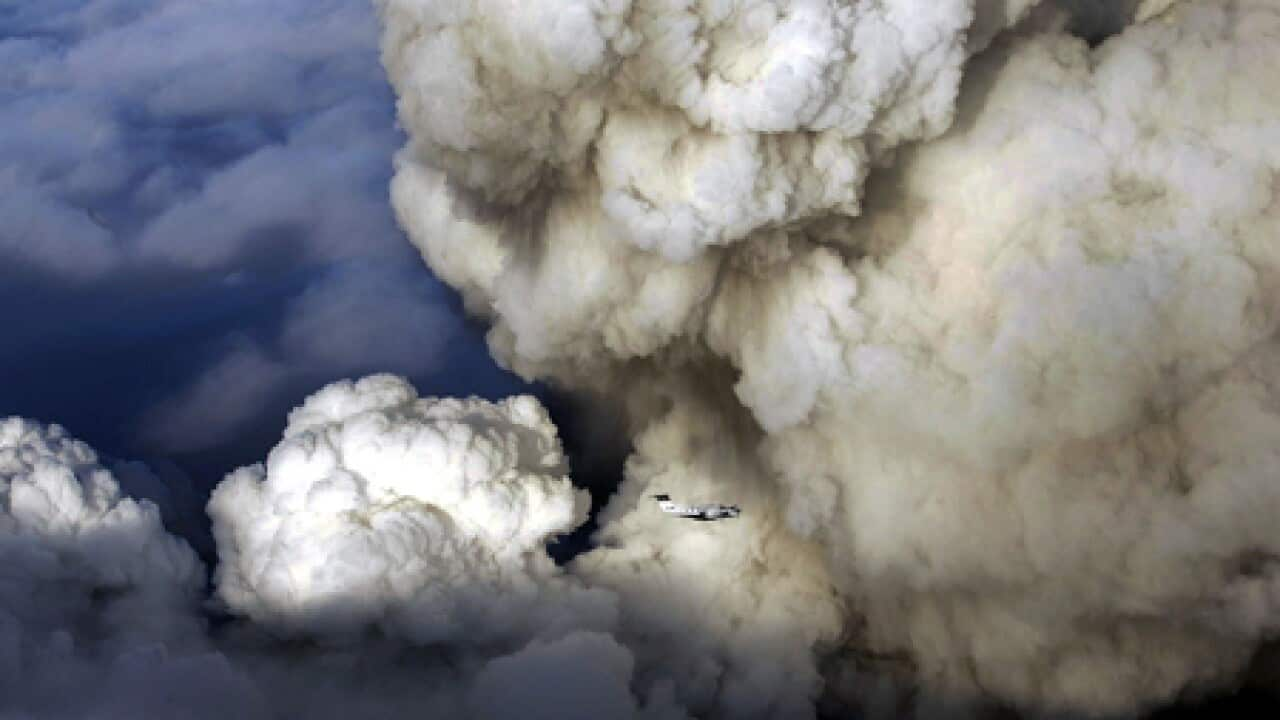Losses to Europe's air and tourism sectors caused by the ash cloud from Iceland could hit 2.5 billion euros ($A3.6 billion), the EU's top transport official said Tuesday, as he proposed measures to help them recover.
"We are working with a number of somewhere between 1.5 and 2.5 billion euros ($A 2.2 and 3.6 billion)," EU Transport Commissioner Siim Kallas told reporters in Brussels.
He said the calculations were being made from figures sent to Brussels from industry stakeholders in Europe.
"We need carefully to assess and evaluate these numbers," he said, adding that the total losses were based on figures from airlines, airports, ground handling, tour operators and even hotels who provided services.
Iceland's Eyjafjoell volcano erupted on April 14, spreading an ash cloud across much of northern and western Europe and triggering the biggest disruption to aviation since World War II.
The international airline industry body, IATA, said the shutdown cost carriers some 1.7 billion dollars ($A 1.9 billion) and called on governments to pick up at least part of the cost, angered by their handling of the crisis.
Kallas said the commission "considers that the exceptional circumstances of recent days may justify support measures to offset losses incurred," as long as any proposed aid does not distort competition.
To help the recovery, he urged temporary measures like letting airlines keep flight slots not used during the crisis and an easing of night flying rules to help stranded passengers and get freight deliveries back on track.
Kallas also called for pan-European enforcement of EU passenger rights laws.
Longer term, he said coordination in such crises could be boosted by fast-tracking the so-called "single skies" package, and he urged EU transport ministers to back the move when they meet on May 4.
He also called for European "crisis planning," which could include ways to allow one kind of transport to supplement another in times of trouble, and said he would create a structure uniting stakeholders in the aviation industry.
"This crisis has put in stark relief the critical role that the air transport sector plays in the functioning of the European economy," he said.
"It is in our interest to get the air transport sector over this crisis and back to normal operating conditions."

